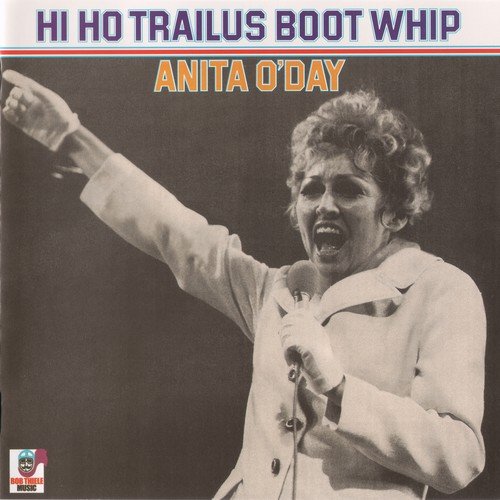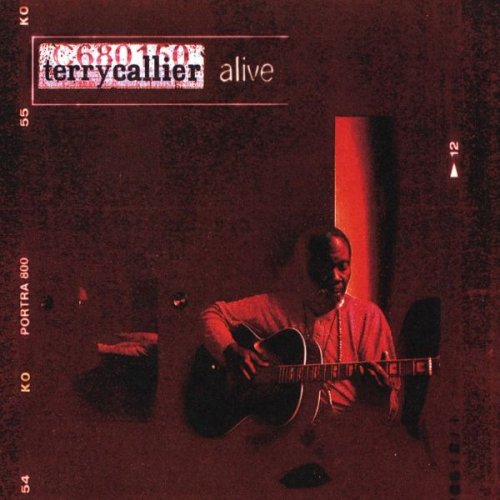Kurt Elling - Nightmoves (2007)
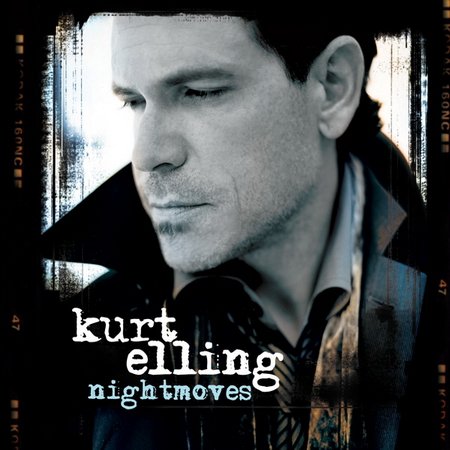
Artist: Kurt Elling
Title: Nightmoves
Year Of Release: 2007
Label: Concord Jazz
Genre: Vocal Jazz, Post-Bop
Quality: FLAC (image+.cue,log)
Total Time: 1:02:02
Total Size: 344 MB
WebSite: Album Preview
Tracklist:Title: Nightmoves
Year Of Release: 2007
Label: Concord Jazz
Genre: Vocal Jazz, Post-Bop
Quality: FLAC (image+.cue,log)
Total Time: 1:02:02
Total Size: 344 MB
WebSite: Album Preview
01. Nightmoves [4:23]
02. Tight [2:56]
03. Change Partners/If You Never Come To Me [7:39]
04. Undun [5:10]
05. Where Are You, My Love? [5:28]
06. And We Will Fly [4:23]
07. The Waking [4:14]
08. The Sleepers [5:31]
09. Leaving Again/In The Wee Small Hours [5:05]
10. A New Body And Soul [10:20]
11. I Like The Sunrise [6:54]
When Kurt Elling issued Man in the Air on the Blue Note label in 2003, it showcased his expansive, dream-weaving stage persona, though the album was recorded in the studio. Nightmoves arrives in the--hopefully--greener pastures of the Concord kingdom, and has been both directing and hosting festivals and performing like crazy. For a guy who is as busy as he is, there's no doubt he has also been working on expanding his particular gift with discipline and breathtaking adventure. For starters, there is a wider array of musicians on Nightmoves. Along with longtime pianist Laurence Hobgood (an underrated and underappreciated artist of high order), players like Bob Mintzer, Christian McBride, Rob Mounsey, Willie Jones III, the Escher String Quartet, Rob Amster, Guilherme Monteiro, and Grégoire Maret are here, assisting in this ambitious set of tunes in all manner of configurations, from duet to septet. The title cut, written by Michael Franks, opens the set, with Mintzer on tenor and a pair of pianists in Hobgood on acoustic and arranger Rob Mounsey on electric, with Jones and McBride serving as the rhythm section guides. Elling keeps all the gorgeous mystery of the original and deepens it as he more assertively states the lyrics. He's got soul, blues, and the grain of the jazzman in his vocal. Hobgood underscores every line while Mounsey adds depth and dimension to the tune atmospherically, and Mintzer's solo is brief but full of the deep blues.
There is a weave at work here that Elling follows in Betty Carter's "Tight." And it is. The notion of song gets stretched to the point of breakage here, and rhythmic interplay happens between Elling and the band. While keeping Carter's tune's integrity, he also pushes the lines to slip into the circular beat provided by Jones. McBride's arrangement is a swinging hard bop delight. The sense of freedom in Carter's original is captured in Elling's solo. There is a gorgeous nocturnal smoke-and-fog medley of Irving Berlin's "Change Partners" and Antonio Carlos Jobim's "If You Never Come to Me." Howard Levy adds some painterly harmonica to the tune's frame, and the band -- courtesy of Hobgood's subtle and moving arrangement -- plays to Elling's strength. The sense of longing and heartache is evident from outside the lyric; it comes from the pit of the belly and speaks its need before Monteiro's acoustic guitar introduces the Jobim song. Elling slips right into that rhythmic change, extending the story of the original, speaking under the gentle breeze and night sky. There is another medley here as well: Keith Jarrett's "Leaving Again" woven into the Mann and Hilliard tune (and Frank Sinatra classic) "In the Wee Small Hours." Elling extrapolated -- via transcription most likely -- Jarrett's original improvisation (and his extra lines in the latter tune) and wrote a vocal and lyrics for it. The performance is full of surprise and delight. Listeners will have to discover that one for themselves.
One of the greatest surprises here is in Elling's reading of Randy Bachman's (of Bachman-Turner Overdrive and the Guess Who, the latter band having recorded the original) pop hit "Undun" (better known as "She's Come Undun"). The tune is transformed with help from Mounsey's arrangement. It always had a jazz backdrop, and Elling and his pals pull it over the line. The man croons and startles with the raw emotion in his voice, as Hobgood's fills offer support for the sense of drama in Elling's voice. Mintzer enters and plays between the lines and through them. Elling just seems to climb with the intensity of the band and goes over the top. Elling's composition of a song to Theodore Roethke's poem is a deeply moving duet between his voice and Amster's bass. His full range is at work here, but the feel is effortless, spiritual, dreamy, shimmering. This track offers the complete evidence of this vocalist's true gift. The set ends with a reading of Duke Ellington's "I Like the Sunrise." Backed by a trio of Hobgood, Amster, and Jones, the reverence the singer feels for the tune is evident from the moment he opens his mouth. This is a gospel song in Elling's voice, with a vocalese performance that is as moving and on the money as anyone has ever delivered. The lyric is adapted from Rumi, and Ellington's melody is in perfect balance with the lyric and rhythm. It's simply inspiring. After Man in the Air it was difficult to imagine Elling expanding further on his spirit of song. But on Nightmoves, he has not only met but exceeded all expectations. This CD was nominated for a Grammy award in 2007 for Best Jazz Vocal Album.
There is a weave at work here that Elling follows in Betty Carter's "Tight." And it is. The notion of song gets stretched to the point of breakage here, and rhythmic interplay happens between Elling and the band. While keeping Carter's tune's integrity, he also pushes the lines to slip into the circular beat provided by Jones. McBride's arrangement is a swinging hard bop delight. The sense of freedom in Carter's original is captured in Elling's solo. There is a gorgeous nocturnal smoke-and-fog medley of Irving Berlin's "Change Partners" and Antonio Carlos Jobim's "If You Never Come to Me." Howard Levy adds some painterly harmonica to the tune's frame, and the band -- courtesy of Hobgood's subtle and moving arrangement -- plays to Elling's strength. The sense of longing and heartache is evident from outside the lyric; it comes from the pit of the belly and speaks its need before Monteiro's acoustic guitar introduces the Jobim song. Elling slips right into that rhythmic change, extending the story of the original, speaking under the gentle breeze and night sky. There is another medley here as well: Keith Jarrett's "Leaving Again" woven into the Mann and Hilliard tune (and Frank Sinatra classic) "In the Wee Small Hours." Elling extrapolated -- via transcription most likely -- Jarrett's original improvisation (and his extra lines in the latter tune) and wrote a vocal and lyrics for it. The performance is full of surprise and delight. Listeners will have to discover that one for themselves.
One of the greatest surprises here is in Elling's reading of Randy Bachman's (of Bachman-Turner Overdrive and the Guess Who, the latter band having recorded the original) pop hit "Undun" (better known as "She's Come Undun"). The tune is transformed with help from Mounsey's arrangement. It always had a jazz backdrop, and Elling and his pals pull it over the line. The man croons and startles with the raw emotion in his voice, as Hobgood's fills offer support for the sense of drama in Elling's voice. Mintzer enters and plays between the lines and through them. Elling just seems to climb with the intensity of the band and goes over the top. Elling's composition of a song to Theodore Roethke's poem is a deeply moving duet between his voice and Amster's bass. His full range is at work here, but the feel is effortless, spiritual, dreamy, shimmering. This track offers the complete evidence of this vocalist's true gift. The set ends with a reading of Duke Ellington's "I Like the Sunrise." Backed by a trio of Hobgood, Amster, and Jones, the reverence the singer feels for the tune is evident from the moment he opens his mouth. This is a gospel song in Elling's voice, with a vocalese performance that is as moving and on the money as anyone has ever delivered. The lyric is adapted from Rumi, and Ellington's melody is in perfect balance with the lyric and rhythm. It's simply inspiring. After Man in the Air it was difficult to imagine Elling expanding further on his spirit of song. But on Nightmoves, he has not only met but exceeded all expectations. This CD was nominated for a Grammy award in 2007 for Best Jazz Vocal Album.
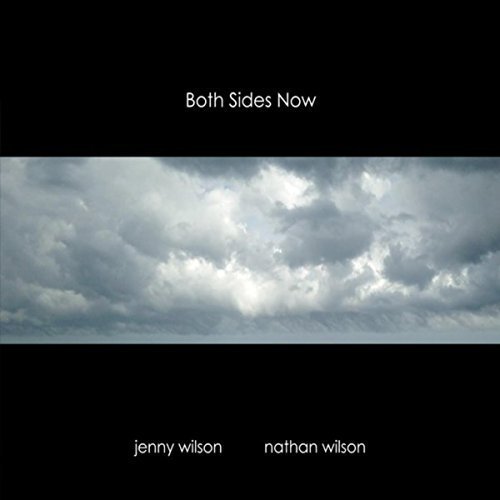
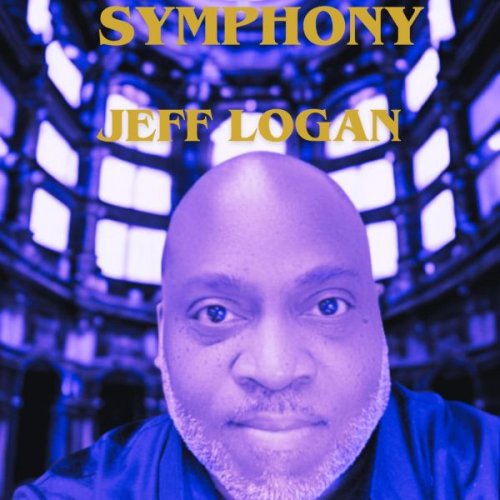

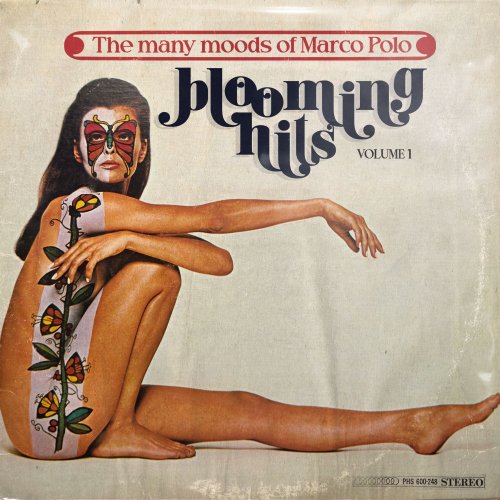

![Ravi Ramsahye PROTOTYPE - Sunglint (2026) [Hi-Res] Ravi Ramsahye PROTOTYPE - Sunglint (2026) [Hi-Res]](https://www.dibpic.com/uploads/posts/2026-02/1770729667_folder.jpg)

